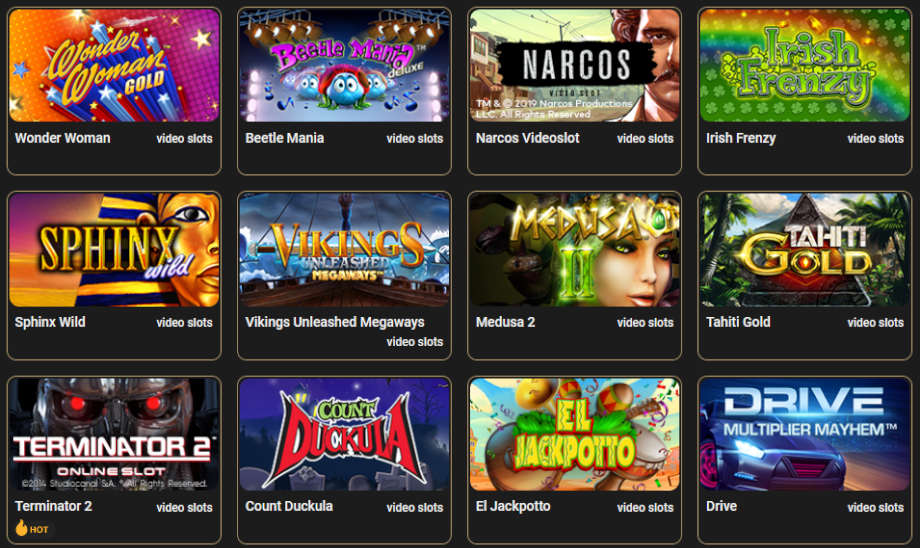A realm of casino games is constantly changing, influenced by dynamic laws, tech innovations, and shifting market demands. As authorities and gaming commissions strive to create a secure and fair environment for gamblers, the framework of gambling laws is undergoing significant changes. Grasping these developments is crucial for both casino operators and players looking to navigate the thrilling yet intricate world of gambling.
Lately, numerous jurisdictions have suggested and implemented new policies aimed at improving player protection while encouraging safe gambling. These developments not only affect the varieties of gambling games offered but also the manner in which they are marketed and accessed. In this article, we will examine the latest regulatory updates, their effects for the industry, and what players can look forward to as they interact with their preferred casino games.
Updated Regulatory Frameworks
Current developments in game regulations are influencing the direction of gambling games across various jurisdictions. Regulators are recognizing the importance for a robust regulatory structure that not just shields gamblers but also guarantees just gaming and responsible gaming. These systems are designed to resolve concerns such as digital gambling, digital currencies, and innovations in technology, reflecting the changing environment of the casino field.

One significant change is the implementation of stricter rules regarding clarity and player safety. Gaming establishments are now required to disclose transparent data on probabilities, returns, and the associated dangers associated with gaming. This change aims to enable customers by allowing them make informed decisions while also assisting to address gambling issues through sensible gaming practices. Gaming providers are obligated to set up self-restriction initiatives and make available support for gamblers seeking help.
Additionally, emerging rules are being applied to new technologies such as augmented reality and distributed ledger technology in gaming activities. Regulators are developing guidelines to guarantee that these technologies maintain authenticity and equity while also safeguarding player privacy. As the industry evolves, regulators are adapting to ensure that innovations improve the gambling environment while safeguarding both customers and providers.
Influence on Gaming Variety
The new updates in gaming policies have opened novel pathways for casino games, allowing for enhanced innovation and diversity within the industry. As regulatory bodies refresh their criteria, developers are inspired to create original gameplay experiences that address a wider audience. This has resulted in a vibrant array of new games, incorporating various concepts, genres, and systems that were historically ignored or constrained by tighter regulations.
With a less rigid regulatory environment, casinos are now able to test alternative game styles, including skill-based games and engaging experiences. This transition has produced a boom in fusion games that blend traditional gambling features with modern gaming styles, such as electronic gaming and enhanced reality. 6789 casino By diversifying the variety of games available, gaming venues can appeal to not only experienced players but also non-professional players who may favor more unique options.
In addition, the development of standards has highlighted clarity and fairness in games, which could build increased trust from players. As a consequence, consumers are more inclined to explore a broader selection of games, knowing they are participating in services that comply with modern guidelines. This growing belief enhances involvement and can ultimately boost financial success as more broad choices cater to different preferences and groups in the casino sphere.
Upcoming Developments in Oversight
As the gambling landscape changes, authorities are more and more focused on adopting digital solutions to enhance clarity and equity. The incorporation of crypto technology into casino games is projected to gain momentum, allowing for enhanced oversight of operations and ensuring that games remain just and tamper-proof. This change could lead to a compliance framework that accepts these improvements, promoting trust among participants and businesses alike.
In addition to technological integration, there will likely be a stronger emphasis on prudent gaming methods within the regulatory environment. Authorities are expected to implement tougher measures to promote player protection, including required self-exclusion systems and effective age verification processes. This move aims to protect vulnerable populations while ensuring that the experience of gambling games is upheld for considerate gamblers.
Lastly, as internet gaming continues to grow globally, alignment of regulations across different regions will become a urgent need. Countries may endeavor to work together more closely on common standards for permits, operation, and taxation. This could lead to a more streamlined regulatory process for global operators, fostering a greater acceptance of digital casino games while maintaining strong of participant protection and integrity in the gaming industry.